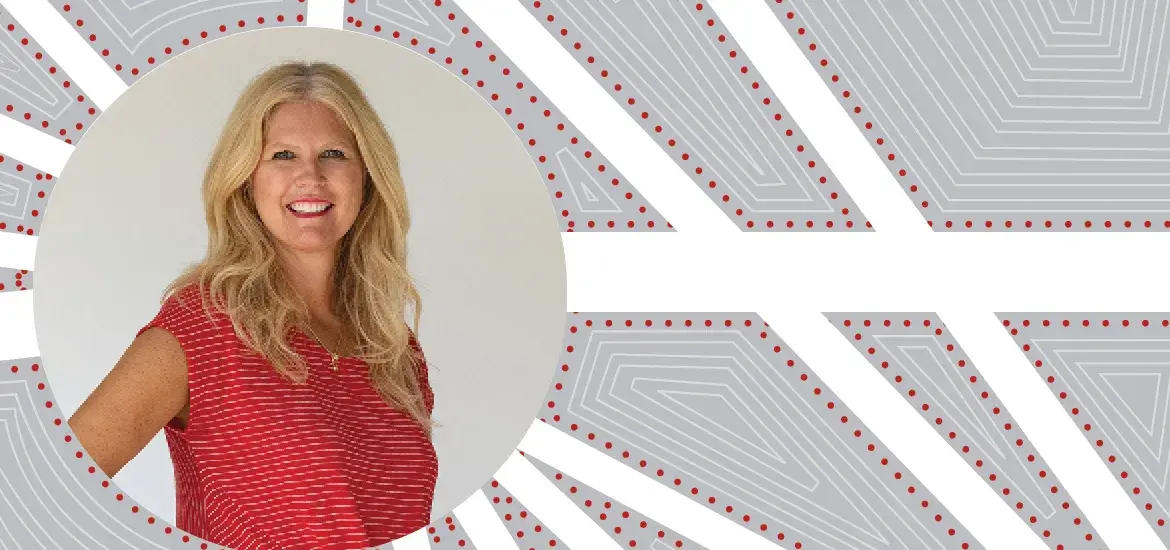2021 Archie M. Griffin Professional Achievement Award

Heather Hampel ’93
Inspired by the loss of a close relative to cancer and motivated by a lifelong fascination with genetics, Heather Hampel ’93 has made it her life’s work to help cancer patients and their families.
An Ohio State researcher and professor, Hampel is one of the most respected cancer genetic counselors in the world. Her research has changed the standard of care for colorectal and endometrial cancer patients in the United States and other countries.
A story shared by one patient, Jay McDaniel, exemplifies Hampel’s commitment to her mission. He says Hampel took time out of her vacation to drive eight hours to test his family members at a reunion. A cousin tested positive and went for a colonoscopy. “They found polyps, removed them and saved his life,” McDaniel says.
Question
What do you consider your greatest achievement?
Demonstrating that you can screen colorectal and uterine cancers for Lynch syndrome at the time of diagnosis to identify people who are more likely to have a hereditary cancer syndrome known as Lynch syndrome. If they have it, we offer testing to their relatives. People with Lynch syndrome have increased risks for several cancers, but they can take steps to prevent these cancers or catch them early when they are treatable.
Question
What motivated you to become a genetic counselor?
I have always loved genetics, and I have always been interested in working with patients and trying to prevent cancer. I lost my maternal grandmother to peritoneal cancer two days before I graduated from high school. I thought that if I could keep any family from going through what we went through, that would be a success. Cancer genetic counseling is my dream come true.
Question
What advances can we expect in the next 20 years in your field?
Genetic testing will be much more commonplace. I suspect that individuals will get genetic testing in early adulthood for many common diseases so they know if they have an increased risk for conditions that are actionable — meaning we can do something to prevent them or catch them earlier and improve outcomes.
Question
What don’t most people know about you?
I’ve been slalom waterskiing since I was 12 years old. We spend a lot of time on Lake Cumberland in Kentucky, and it’s my happy place.
Awarded to alumni who have superb records of distinguished career accomplishments and who have made outstanding contributions to their professions.
